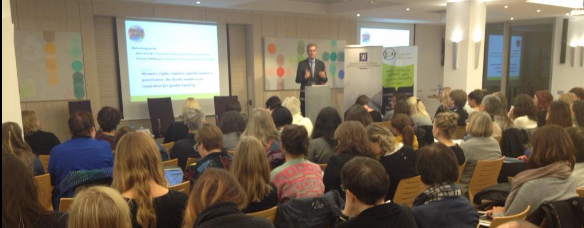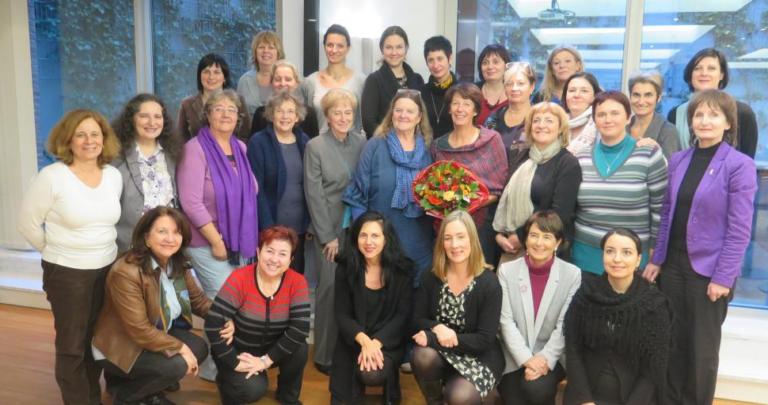[Brussels, 07 March 2013] Ahead of International Women’s Day on 8 March, European Commission Vice-President Viviane Reding and Commissioner Cecilia Malmström organised a high-level roundtable event to discuss how the European Union can help Member States to eradicate the practice of female genital mutilation (FGM).
The Commissioners were joined by Members of the European Parliament, world’s leading anti-FGM campaigners and representatives of NGOs from various countries, including Belgium, Germany, Ireland, and UK.
FGM is a form of violence against women and girls and a systematic violation of their human rights, affecting 150 million women worldwide. In Europe, an estimated 500,000 women and girls live with the lifelong consequences of FGM; another 180,000 are at risk each year.
Ms Reding, EU Justice Commissioner, announced the launch of a public consultation calling for views on how best to develop measures at EU level to fight female genital mutilation. The consultation will run until 30 May 2013. The Commissioner said the EC will support Member states’ activities to raise awareness of violence against women and the Daphne program – the next call for proposal is due for April, with 11,4 million € – can be used by NGOs and others to work with victims.
Cecilia Malmström, EU Commissioner for Home Affairs, said “Women and girls who are at risk of female genital mutilation, or parents who fear persecution because they refuse to have their child undergo this practice should be given suitable protection in Europe”. It should constitute a valid reason for granting asylum or humanitarian protection.
Anti-FGM campaigners, including “Desert Flower” Waris Dirie and Khady Koita, together with NGOs, insisted on the necessity of developing more actions, including awareness raising, ensuring the implementation of legislation and supporting NGOs activities. Respect for equality and women’s rights should be included in the EU-ACP cooperation agreements, said MEPs. Real political will to eradicate FGM now exists, which should be translated into financial support, including for the European Institute for Gender Equality (EIGE).
The EWL welcomes this initiative and recalls that FGM, as a form of violence against women, should be included in the fight and in a global European strategy against violence against women.
The round-table was the opportunity to unveil the new EIGE report on FGM in the EU. (see other article in resources section)


